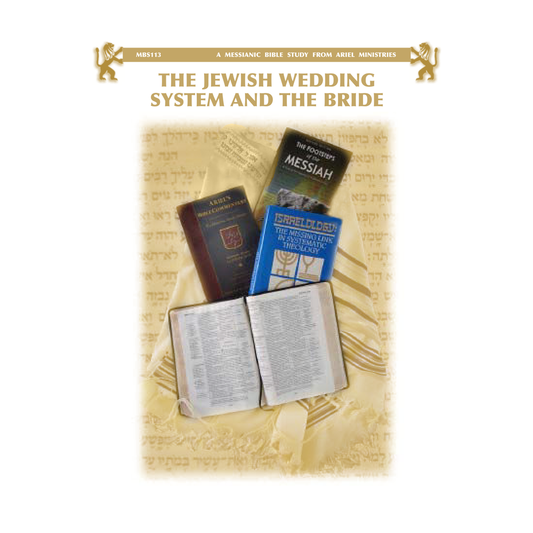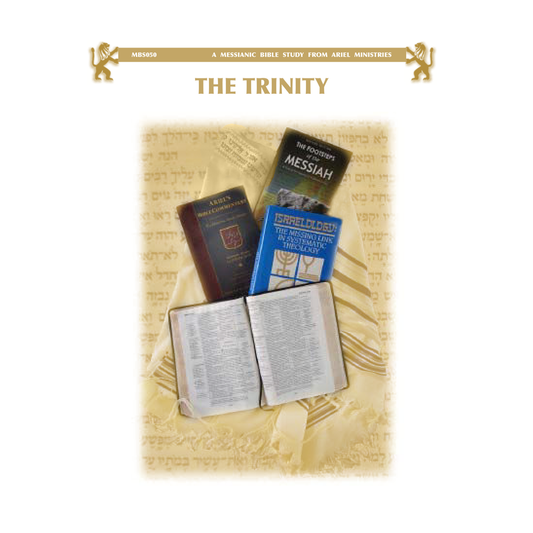Q: Matthew 6:14-15 states: For if you forgive men their trespasses, your heavenly Father will also forgive you. But if you do not forgive men their trespasses, neither will your Father forgive your trespasses. What are the consequences of our heavenly Father not forgiving us in the case that we do not forgive others their trespasses?
A: What needs to be understood is the difference between salvation forgiveness and family forgiveness. Believers experience salvation forgiveness the moment they believe the gospel message. At that moment, the blood of Messiah pays for all their sins committed in the past, present, and future. Salvation forgiveness comes by grace through faith apart from any work. No work can be added to the simple gospel message that saves and provides eternal life.
However, believers do commit sin, and that breaks their fellowship with God the Father. The solution to this problem is found in 1 John 1:9: If we confess our sins, he is faithful and righteous to forgive us our sins, and to cleanse us from all unrighteousness. When we confess our sins, God will always extend family forgiveness to us and our fellowship with Him will be restored. If someone has offended us or sinned against us and asks for forgiveness, we should always extend our hand for forgiveness. If we fail to forgive them, the simple application of 1 John 1:9 means that family forgiveness cannot be extended to us. The result will be seen at the judgment seat of the Messiah, where our rewards will be determined. The unwillingness to forgive others leads to the loss of rewards. The rewards, in turn, determine our position of honor in the Messianic kingdom.
In conclusion, salvation forgiveness is strictly based on grace plus nothing. Family forgiveness requires both the confession of our sins and forgiving the brothers who have sinned against us.





